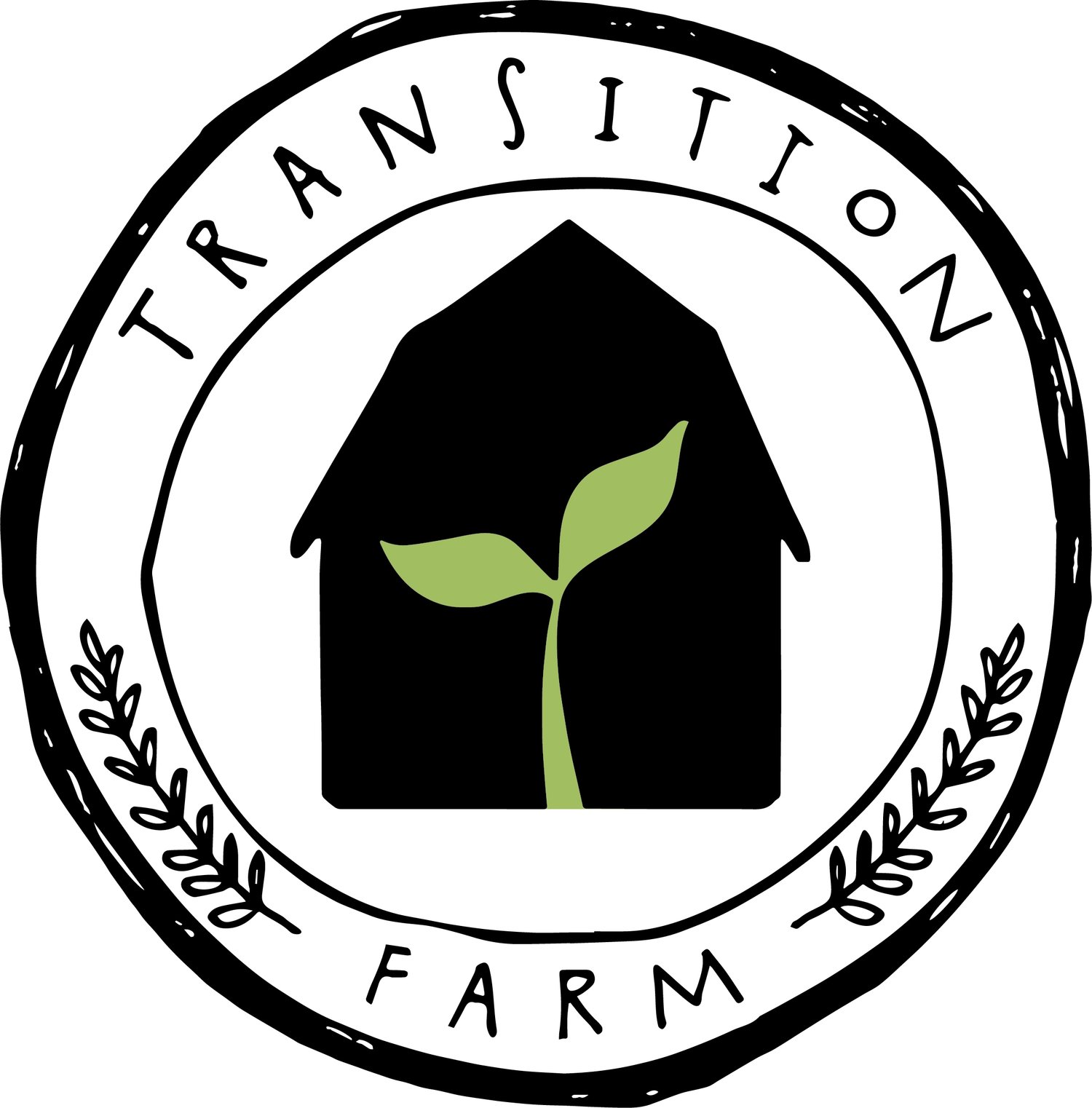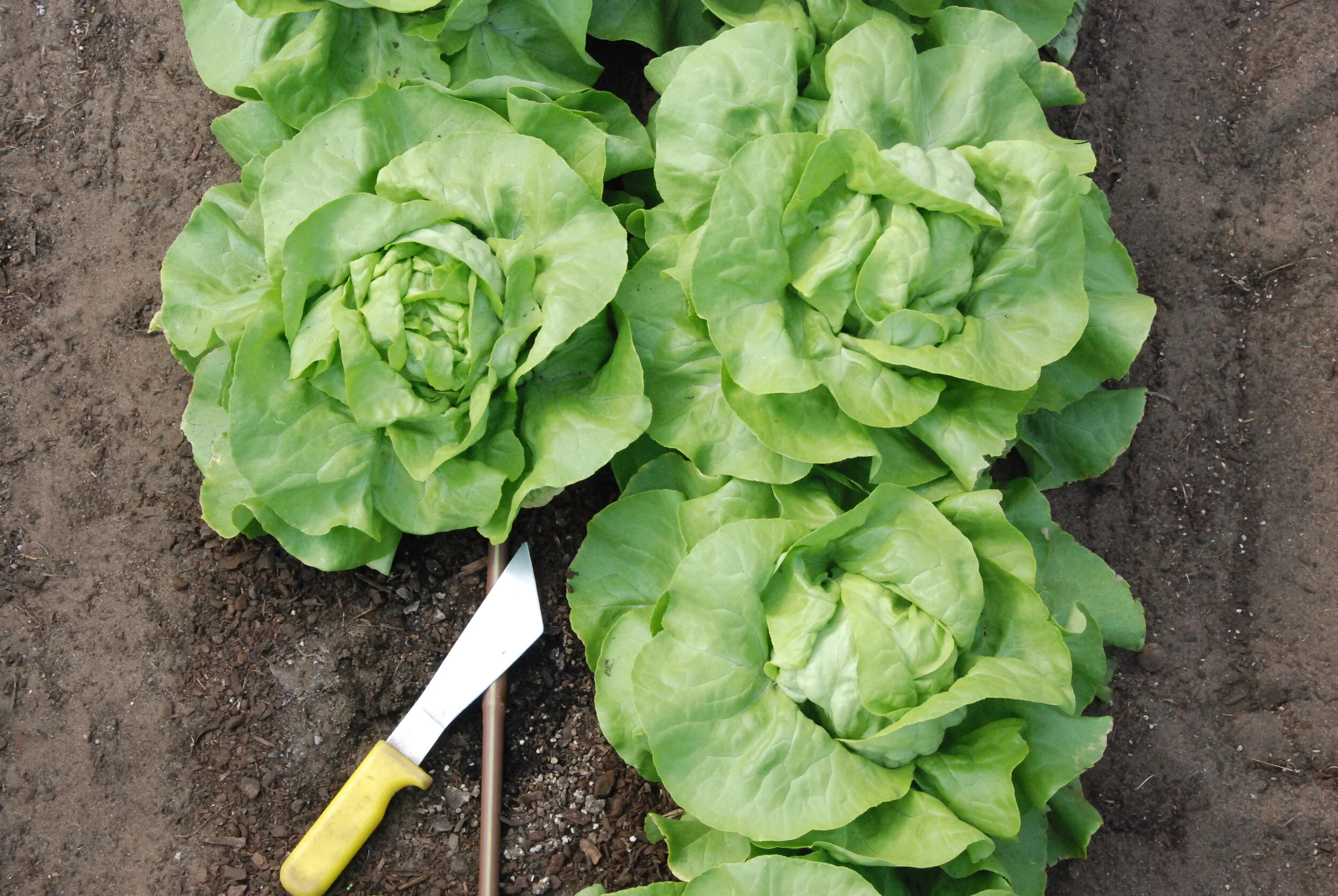What is Community Supported Agriculture (CSA)?
/We have been asked this question a lot. Fair enough – it is not a concept that has taken off in Australia the way it has elsewhere - but we believe this will change. In a nutshell CSA is a concept which encourages local, environmentally sustainable food production, and which supports both farmers and consumers alike. It is about trying to localize food. When we localize food, we are not only building our own community, we are also ensuring our own health and food security.
“Putting the Farmers Face on Food” (“teikei”) as the concept was called where it originated in Japan – CSA is a response to the increasingly globalised food system, and the corresponding social, environmental and health problems which it poses.
CSA is a partnership of mutual commitment between a farm and a community of supporters that provides a direct economic and social link between the production and consumption of food.
The community is working together - in return for a membership fee to help cover the production costs of the farm, CSA members receive a weekly share of the highest quality organically-grown produce.
The aim of our first CSA Summer program is to provide members of our CSA program with six weeks of freshly grown produce from our farm. We are working to supply members with both a variety and quantity of vegetables to get them through a week of healthy, seasonal meals. All the produce will be grown here on our farm – this would be the main difference to the more widely available vegetable box schemes, where the issue of food miles and knowing where and how the food was grown is often not accounted for.
Our Seasonal Notes will document the food as it is being grown for the Summer program.
Why did we choose to run a CSA farm?
We bought a potato, carrot and raspberry farm in the mountains of Victoria shortly after we married. It was a walk in/walk out contract on a commercial farm. Instead of trying to do anything different, in our first year, we listened to what the farmer and other local commercial farmers did to produce the food they were growing. It was a bad drought year in Victoria and potato prices were high but our potatoes were not yet ready for sale. We were advised that we should spray a light application of Round Up to kill the tops and harden the skins of the potatoes. The trick, we were told, was to time the spraying and the selling so that the spray was not detectable if our potatoes were to be tested.
There were many other times during that growing year when we questioned commercial farming practices. But this for us was a real eye opener. Here was a chemical input that the farmers knew was not good for human consumption, and yet if the price was right, they were suggesting we incorporate this into our farming practice. What is the point of a governing body supposedly protecting the consumer? Where was the farmer’s conscience? Why should Organic growers be the ones required to have certification?
A CSA is not only putting a “face on the farmer”, it is also putting a face on the consumer. It is providing a high level of accountability through the consumer knowing the farmer, asking about how the food they are receiving is grown, and trusting that the answers are honest. And for us as farmers, we know who is eating the food we are growing and therefore food quality is very important to us.
This is building community. Building and maintaining the communication within the community. Building and maintaining mutual care and respect- respect for each other and respect for the earth in our community.
And then there is the food. Our farming practices are all about maximizing the inherent energy in food. Maintaining soil life and plant diversity so that there is a thriving ecosystem filled with life energy. Working to maintain plant health instead of just treating plant diseases and infestations. This results in food full of energy. Some foods will maintain that energy for a while, others begin to loose it immediately. Buying food direct from the farmer who has picked it fresh for you ensures that you are receiving all of the energy that food has to offer. And that also translates as taste. Anyone who has eaten freshly picked sweet corn will understand the incredible difference in taste to corn bought from a supermarket.
We enjoy growing food and have done so together since we married. But after having children, it went from being a hobby to a need. Our family needed to have optimum health and food was a vital part of that.
And now we are expanding that to include other families. We do not have a lot of acreage, but we would like to use the land we have to grow food in a sustainable manner. The CSA concept enables us to put our time, energy and inputs into growing food that has already been sold in advance to CSA members – we do not have to grow a vast amount of food in the hope that the market will want it – we are using only the resources needed to supply our demand. These resources include water and plant and animal matter for compost.
We would love to see many small acreage CSA’s throughout the Peninsula providing for their communities. We believe that the participation of members and their children in a CSA farm will lead to many more people feeling empowered to grow food in their own backyards.
If our CSA program results in members buying less food from us because they are producing more of it themselves then we will be happy farmers!
This weeks companion planting article is Nettle - The Growth Stimulant of the Garden.
Gardening notes for this week have also been posted. These gardening notes offer an insight into the biodynamic and sustainable farming practices that we are using.














